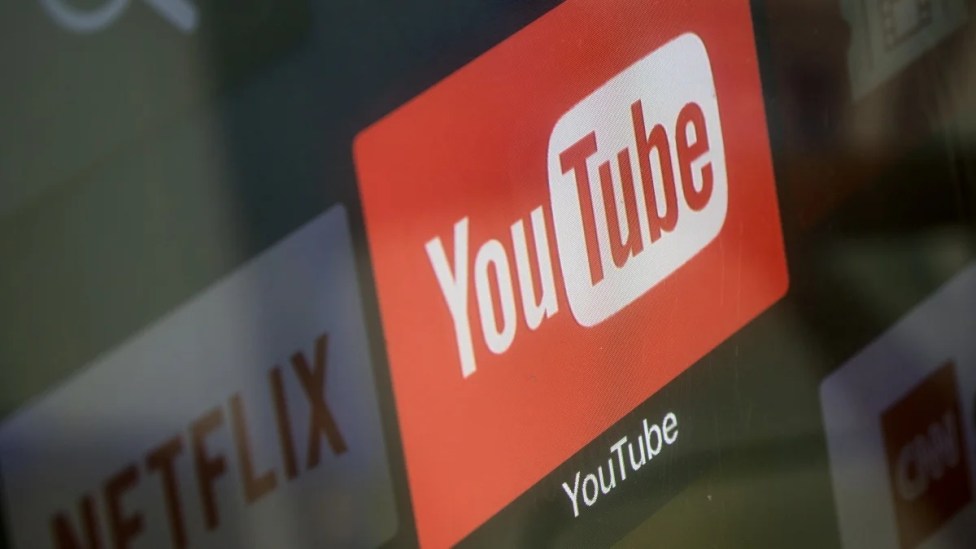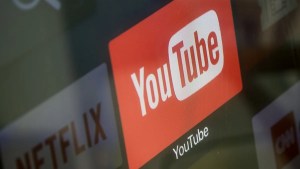ESPN’s sports betting venture launches Tuesday in 17 states, with the sports media powerhouse attempting to use its brand to take on market leaders DraftKings and FanDuel for a slice of the $9 billion U.S. online sports betting market.
The Disney-owned sports network in August tapped Penn Entertainment in a $2 billion deal that will see the gambling powerhouse rebrand its Barstool Sportsbook. Existing Barstool accounts will migrate to ESPN Bet.
Penn bought Barstool in February from Barstool Sports founder David Portnoy.
The technology behind the ESPN Bet app came largely from Penn’s $2 billion 2021 acquisition of Canadian gaming app theScore, the Financial Times reported. The gambling company, which also operates more than 40 casinos across the country including the Tropicana and M Resort in Las Vegas, plans to pump $150 million a year into marketing ESPN Bet.
Because of varied gambling laws across the country, wagers on ESPN Bet will only be possible when the user is physically located within a state where the app is licensed to offer sports betting, although accounts may be accessed from anywhere in the U.S.
The effort comes five years since the U.S. Supreme Court overturned a 1992 banning sports betting and amid the rapid growth of the industry. DraftKings, which went public in April 2020 at the start of the pandemic, now has a market capitalization of $16.79 billion.
FanDuel is majority owned by Ireland-based Paddy Power Betfair, with Fox Corp. holding a stake of 19%. Fox in July announced that the fledgling venture Fox Bet, in which it held a 5% stake, would close.
With DraftKings and FanDuel dominating the market, it may be hard for ESPN to break into the sports betting arena. The FT noted that even companies that launched just a few months after legalization found it hard to gain traction.
The Fanatics app for example, is the fourth most downloaded sports betting app, but has been unable to top a 3.5% market share.
ESPN does have its highly recognized brand as an advantage, though. More than half of the sports betters surveyed for investment bank Jefferies said they would try it, 25% expected it to be their primary betting platform and just 22% said they would stick with the apps they already use, the FT reported.
“People that think this battle has been fought and won are way ahead of where I think the market is,” said Steve Bornstein, ESPN’s former chief executive who runs betting data group Genius Sports’ North America division, told the FT. “Obviously there are some very dominant players . . . but we’re still in the go-go growth stage, the market is not calcified.”
ESPN has an opt-out in its 10-year licensing deal with Penn. It can activate a termination clause in the arrangement if the app fails to gain market share, the FT reported. The plan is to tie the app to the network, using popular hosts like Scott Van Pelt to recommend wagers.


